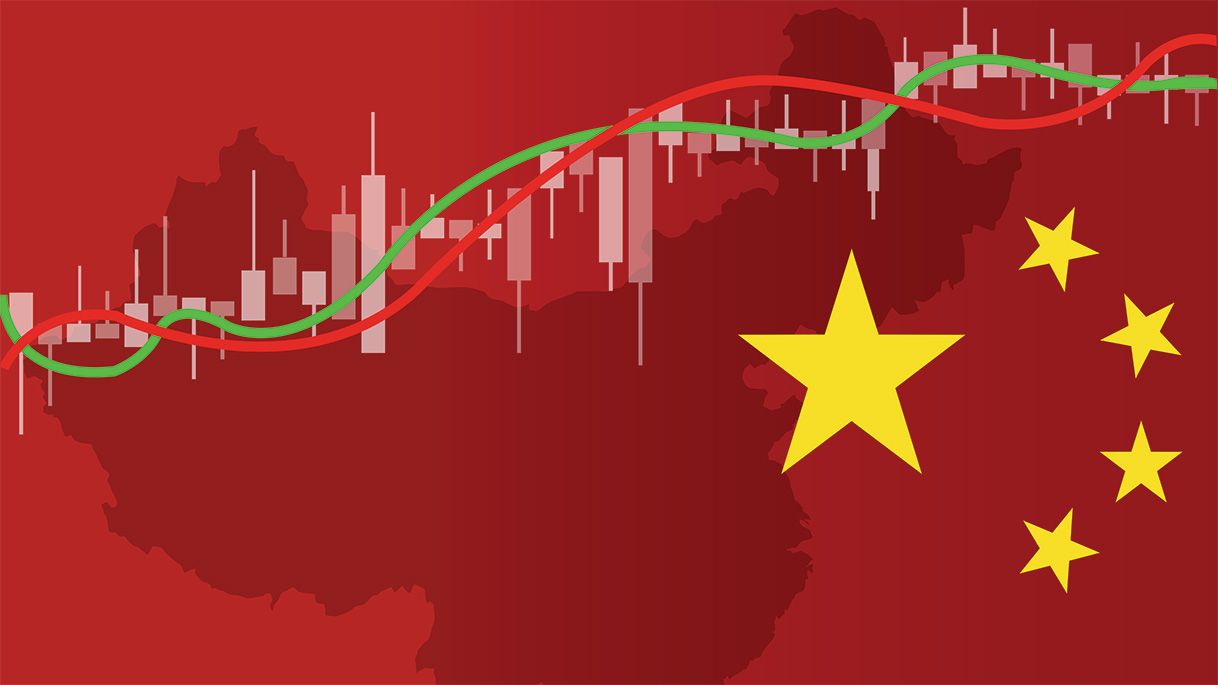Executive Brief

US-China Relations
Economy & TechnologyOn 18 April China's Ministry of Commerce announced unprecedented personal sanctions against Lockheed Martin’s CEO, COO, and CFO and Raytheon Missiles & Defense president and two vice presidents, as well as other senior executives. The sanctions include a ban on Chinese exports to the two companies “to prevent Chinese products from being used in their military business" and a call for all Chinese companies to “strengthen their due diligence and compliance system to verify transaction information."
Intellectual PropertyOn 20 April China’s Supreme People’s Court (SPC) published an IP white paper that indicates Chinese courts in 2022 received 526,165 IP cases and concluded 543,379, which included some from previous years.
More than 90,000 cases were settled through arbitration for an 80% success rate. The paper revealed a surge in IP cases from central and western China but a drop in overall cases from 642,968 in 2021. China now has 558 courts that handle IP cases.
The paper reported that SPC IP Court has established a communication mechanism with the World Intellectual Property Organization (WIPO). In 2022, Shanghai, Fujian, and Hainan established relations with the WIPO Arbitration and Mediation Center to handle IP disputes with foreign entities.
On 26 April the Chinese government announced 861,000 foreign patents were registered in China in 2022 — 4.5% more than in 2021 and involved 58,000 foreign companies, 2,000 more than 2021. The total of valid foreign brands in China was 2.03 million, up 5.9% from 2021.
- Foreign entities prevailed in 51% of IP administrative rulings and 68% of rulings for financial penalties in all IP cases handled by the important Beijing IP Court, as it reported in November 2022. Foreign cases accounted for 20% of its total case load.
- The SPC IP Court paper did not mention a foreign entity success rate for its cases, but since was established in 2019, it has handled 1,257 cases filed by foreign entities against Chinese entities and concluded 864 cases.
A long-simmering IP case that could affect production for most Apple products again is attracting attention in China. Chinese analysts say this complicated case involving AI company Shanghai Xiao-i Robot Technology Company (Xiao-i) is a contest of government relations for both Xiao-i and Apple in China and in the US and involves factors of US-China relations. A researcher from China’s Ministry of Commerce told Chinese media that the case will “energize” more Chinese tech companies to “protect their IP rights,” regardless of the outcome.
Chronology of Apple–Xiao-i Dispute- Xiao-I was established in 2004, the same year it filed a patent related to chatbots. China’s State Intelligence Property Office (SIPO) granted the application in 2009.
- In June 2012 Xiao-i filed a lawsuit against Apple with the Shanghai No.1 Intermediate People’s Court (SHIC) claiming that Siri infringed on its chatbots patent.
- In November 2012 Apple filed an application with SIPO for an executive review of the validity of the Xiao-i patent, which SIPO upheld in September 2013. Apple then sued SIPO in Beijing No. 1 Intermediate Court (BJIC), which ruled in favor of SIPO. In July 2014 Apple appealed to Beijing High Court, which overturned the BJIC ruling in favor of Apple in April 2015.
- In May 2015 Xiao-i appealed to China’s Supreme Court. Meanwhile, in April 2016, citing the verdict by Beijing High Court, SHIC delivered a final verdict and rejected Xiao-I’s 2012 case.
- In May 2017 China’s Supreme Court started a review of the Xiao-i case and ruled in June 2020 that the Xiao-i patent was valid. The case was one of the Top 10 IP cases in China in 2020.
- In August 2020 Xiao-i filed a suit against Apple in Shanghai High Court (SHHC) and demanded $1.4 billion compensation. In September 2020, Xiao-i asked SHHC to order Apple to stop producing, selling, or using any products which infringe on its patent — this included most Apple products. On 25 April 2023 SHHC announced that it would start the trial of Xiao-i vs Apple on 5 May.
The annual “Special 301 Report on Intellectual Property Protection and Enforcement” the US Trade Representative (USTR) released on 26 April confirms IP protection and enforcement in China remain a serious concern.
In 2022 China continued implementing amendments to its patent, copyright, and criminal laws.
- According to the report, the pace of reforms aimed at addressing IP issues slowed. While right holders have welcomed some positive developments, they raise concerns about the adequacy and effective implementation of these measures, as well as about longstanding issues like technology transfer, trade secrets, bad faith trademarks, counterfeiting, online piracy, and geographical indications. Also, statements by Chinese officials that tie IP rights to Chinese market dominance still raise strong concerns.